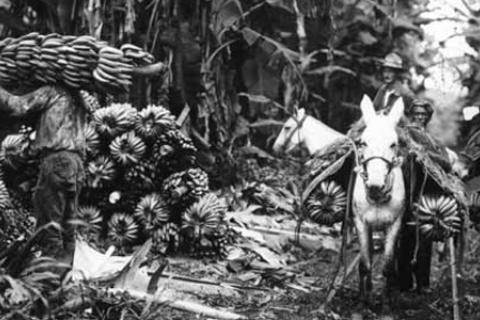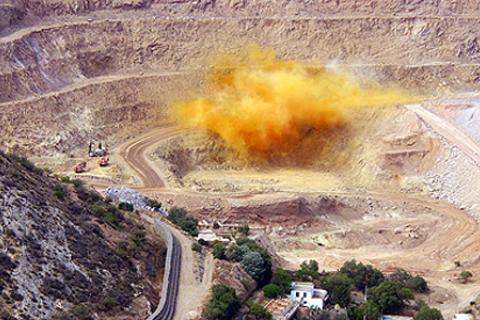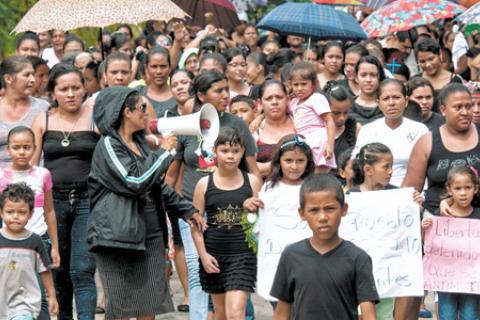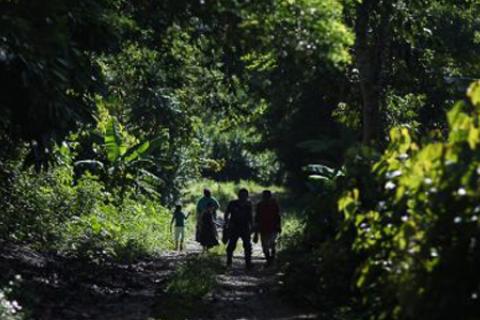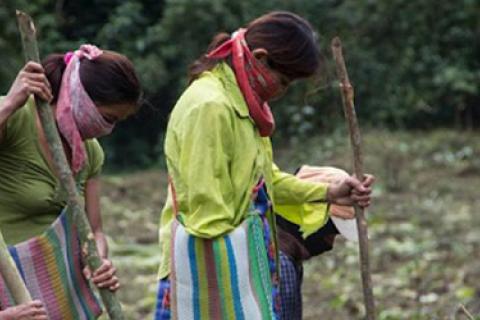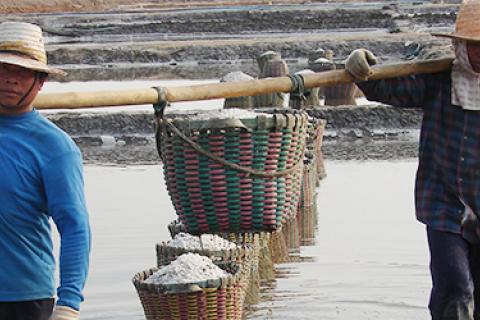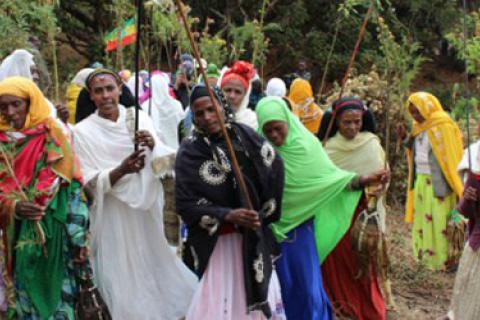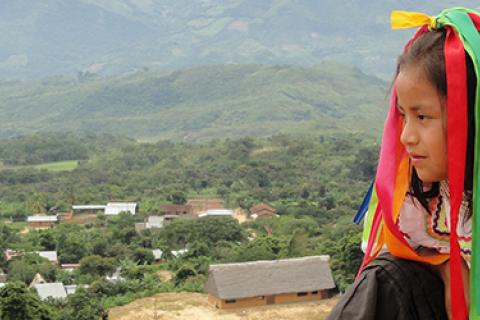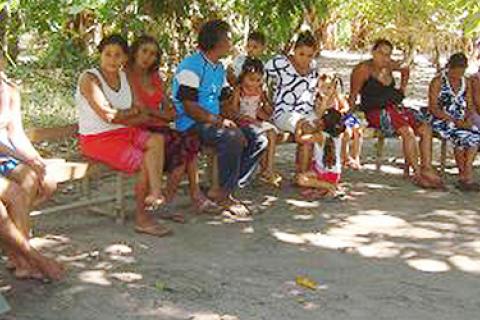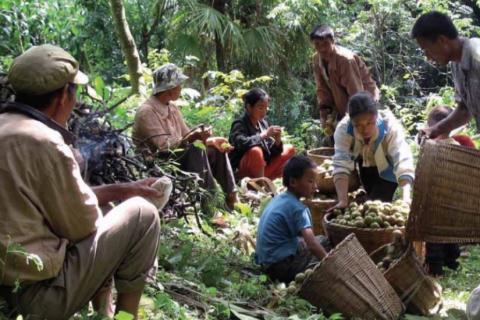"In the constitution of this small, maritime banana republic was a forgotten section."
Cabbages and Kings, O. Henry
Bulletin articles
By MovimientoM4*
Without a doubt, implementation of the extractive industries model as part of governments' "development" option counteracts existing international and regional efforts to buffer the climate and environmental crisis. With cynicism and deceit, they violate the most basic international treaties and agreements that aim to minimally stop the destruction of the environment and biological diversity.
The Rancho Grande municipality in northern Nicaragua is facing installation of an open-pit gold mine by Canadian company B2Gold. With over 80% of the population against the mine, the Yaoska Guardians Movement—made up of women and men from the communities—led the protests and denunciations that paralyzed the project. The threat is still present, as the company has seven other concessions in the municipality.
Ten years ago, the Indian writer Kiran Desai published a novel called The Inheritance of Loss, about the long-lived wounds and suffering connected with colonialism and globalization.
Such topics are normal territory for a novelist or poet. But what do they have to do with the World Rainforest Movement? What with never-ending pressures to respond to new outrages, the always-unique lived experience of loss is a topic that forest activists may not always dwell on very much.
Different words, different sides
“This small family, the father, the mother and their two children, enters the sacred forest in order to find solutions to the illnesses and various problems that afflict them.”
Modern people usually refer to medicinal plants as resources at the service of humans. This way of referring to them does not seem to be universal. The Quechua-lamas of the Amazon foothills regard plants as people, even more, they treat them as if they were a living community.
